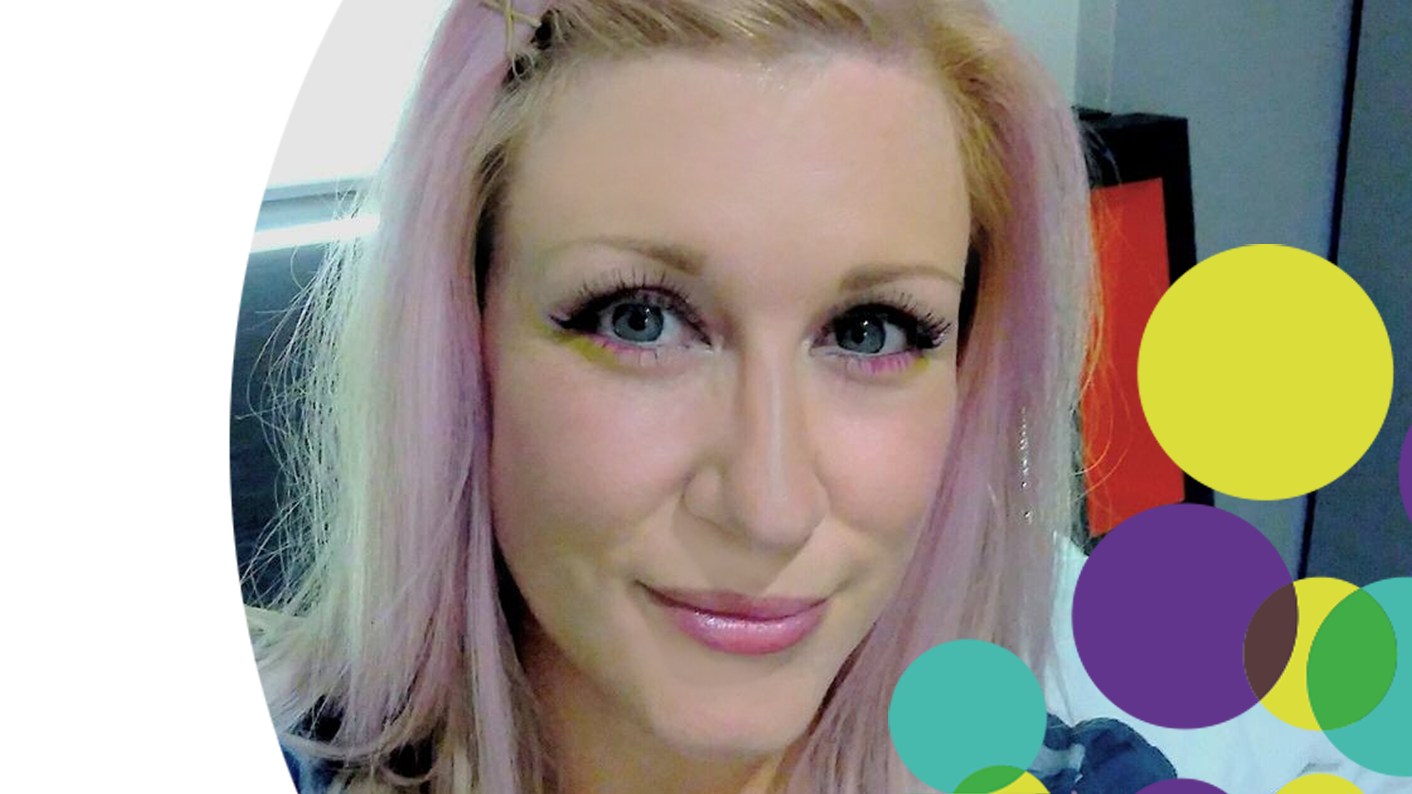At our first Authors Train Authors event, Emily Cotterill (EC_Resources) delivered an extremely useful presentation on the ways in which authors can self-promote and use social media. Here are a few of her top tips on copyright and how to improve your sales using social.
Copyright
- Ensure you only upload or sell what you have created from scratch, don't upload colleagues’ work or items you've previously downloaded from Tes.
- Make sure you have permission to use all images. There are different ways that you can search online for images which are free to use. Google does enable you to filter searches in this way but that is no assurance that the image is actually ok to use. If it doesn’t explicitly say you can use it, you probably can’t! Check the license for Creative Commons or Public Domain and then check if you need to attribute it. There are loads of sites offering free images online.
Feedback
- Be prepared for customer feedback, some will be positive and give you a boost but some will be negative. Stay positive in your responses and don’t get into an argument as it looks unprofessional.
- Set up a Facebook business page with your logo, banner, avatar and any other ways to recognise your store you might use in your Tes shop. It is sensible to make sure your name across Tes and your social media accounts is consistent as this makes you recognisable and easy to find.
- Facebook groups are a great way to find an audience for your resources, however, don’t go in there and spam as you’ll just be banned. Get into friendly conversations with people about what they need. Not all groups allow this though so check the rules.
- Post lots of free resources, teachers need them and will be much less likely to purchase your resources unless they know the quality they would be getting.
- Pin your best examples to the top of your twitter page.
- Don’t be afraid to retweet others to get more traffic coming to your page.
- You are able to follow hashtag conversations about specific teaching topics. You can join in with these conversations and link to resources you have that might be useful to that group of people.
Pinterest and Instagram
- Post little but often. People will prefer to click on single links, not hundreds of links at once!
- As these are visual platforms it’s a good idea to present well designed preview pages of resources.
- Group boards where you can collaborate with other authors mean that you can share audiences and all grow your reach.
This is just a taster of the advice our experienced authors have to offer at the Authors Train Authors events. If you found this useful, please consider attending one of our future events. Keep an eye out for details of upcoming events in your monthly Author Handbook email.

